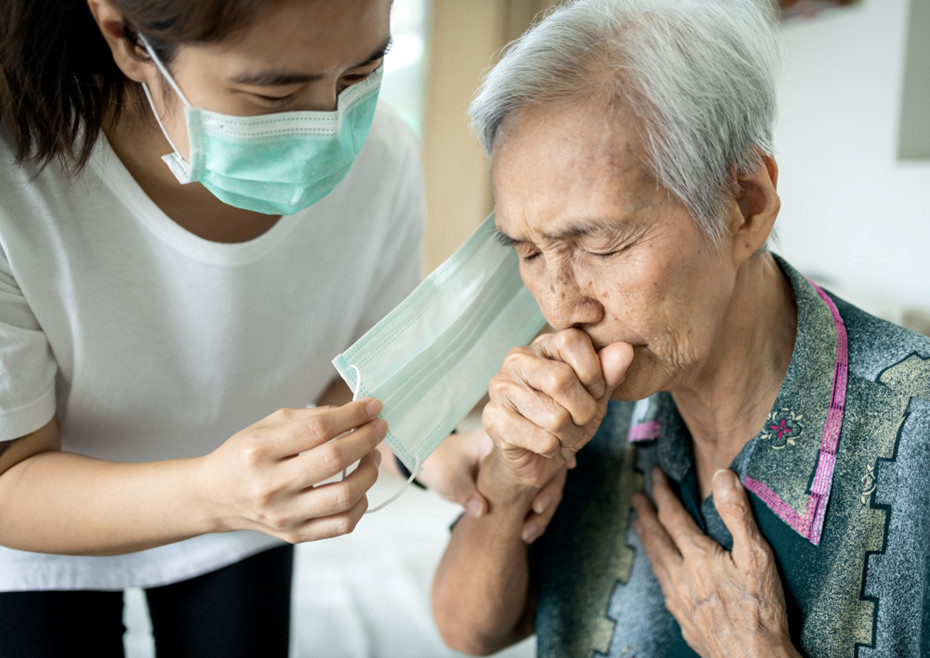Influenza is appearing no longer seasonally and affects all target groups, especially the elderly, and causes significant consequences.

Aging is associated with immunodeficiency, asthenia and chronic multiple diseases.
Is it easy to see that as we age, we get sick more often than when we were younger? When the weather changes, the body will immediately feel the problem? And getting back to normal also takes longer than before? This is due to the weakening of the immune system over time.
Along with immunodeficiency, asthenia (also called cachexia) is a condition associated with old age. Asthenia is often characterized by decreased muscle strength and fatigue. According to research data from the Medical University of South Carolina (USA). About 10% of people over the age of 65 live in ill health. This number rises to 25% to 50% for people over 85. Women have a higher incidence of depression than men - possibly because women tend to live longer than men, and therefore the effects of age also make women more susceptible to becoming ill.
Not only have the immune system weakened and suffer from depression, the elderly also face multiple chronic diseases. The older the age, the greater the number of chronic diseases co-morbid in the elderly. Research by the Center for Medical Care and Services, Baltimore (USA). Under the age of 65, more than 45% of people have chronic diseases, but only less than 30% of people have 2-3 chronic diseases.
The proportion of people with 2-3 chronic diseases increased to 35% in the 65-84 year old age group. At the age of over 85, up to 30% of the elderly suffer from 4-5 chronic diseases, even over 25% have more than 6 diseases at the same stage. Ten chronic diseases in people 65 years of age and older, in order of frequency, can be listed as High blood pressure; Increased cholesterol; Arthritis; Myocardial ischemia; Diabetes; Chronic kidney disease; Heart failure; Depression; Alzheimer's and Chronic Obstructive Pulmonary Disease (COPD).

Only the health problems mentioned above are already a huge burden for the elderly, both physically, psychologically and socially. But if there is an infection, which seems to be very common, such as the flu, the burden on the elderly increases many times.
Influenza, with its pathogenic role and directly affecting the respiratory system, is the cause of outbreaks of pneumonia and acute bronchitis in the elderly. Ear and sinus infections are common during flu attacks. In people who already have asthma or COPD, each flu infection is almost certain to have an asthma attack or exacerbation of COPD. With COPD or asthma, each acute/exacerbation episode is followed by a further worsening of respiratory function, increasing severity and gradually leading to loss of treatment control.
In addition to the direct impact on the medical condition of the respiratory system, the flu also indirectly affects many organs. For the cardiovascular system, through the mechanism of stimulating the inflammatory response system, the immune system increases the production of Cytokines (mediators produced from the inflammatory response process). Along with stimulating the sympathetic nervous system to be active. As a result, it increases oxygen demand but reduces oxygen supply to the myocardium, increasing the risk of myocardial infarction, increasing the risk of heart failure.